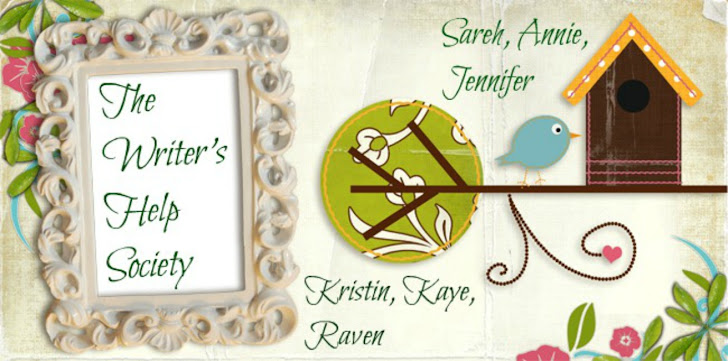At some point during your writing, I highly recommend you sit down and do two things. I recommend doing this before you even start the book, but if you're having character troubles, it's also a good way of straightening them out. You should write down the answers to these two questions:
1) What does your character want most?
2) What does this character need most?
These questions help you with character development. Actually, they help with plotting too. I'm convinced you can't have a book without having answered these questions in some way or other.
They're more complex than they seem, though. And no, they aren't the same question. What your character wants and what they need can often be two very separate things, sometimes conflicting. Here's an example from my book, Secrets of the Legend Chaser. Once again, I'll use my ever-willing (Haha, kidding, he has no choice! Love you, buddy! Yep, he'll be making me pay for this during revision tonight.) guinea pig, Davi.
What Davi wants: to find the dragon eggs (he's searching for a legendary bunch of them, a treasure allegedly stolen away by humans hundreds of years ago). A desire which, in turn, comes from a desire to feel responsible, to feel like he's able to accomplish something.
What Davi needs: to go back to his home and forgive his father.
What Davi wants and what he needs are two very different things. What he wants is completely controlled by him, something he feels he must achieve in order to prove himself.
He's actually not even aware of his need. It's there, in some deep part of him, but he doesn't know it. In fact, the last thing he wants is to go back and face his father. It's something he's been avoiding for five whole years.
What he doesn't realize is that he has a forgiveness problem. And a guilt problem. Both of these would be solved by returning to his father, but of course, that's the last thing he wants. But the guilt lurks at the corners of his mind, never leaving. It haunts his every step. It's slowly getting to him.
At one point in the book, Davi has realized that what he wants doesn't exist (which may or may not be actually the case, as he finds later....). He's crushed. Having been denied the one thing he wants, he's left with no choice but to return to his father. Where he finally gets his needs met.
Throughout the book, though, his wants and needs are at constant odds with one another. Davi pushes away his needs because he fears them, which creates more conflict. And your goal as a writer is always to create the maximum amount of conflict possible.
There's a good chance your character's wants and needs will be different. Sometimes they'll overlap, but often times they won't. Take advantage of this. Exploit it, because it has countless wonderful conflict opportunities to offer.
What your character wants, and what they need, are integral parts of your story. If you know them, you have a solid handle on who this character is, what what the plot will be.
You tell me: Do your characters' needs and wants differ? How do they conflict? How do you use this?
